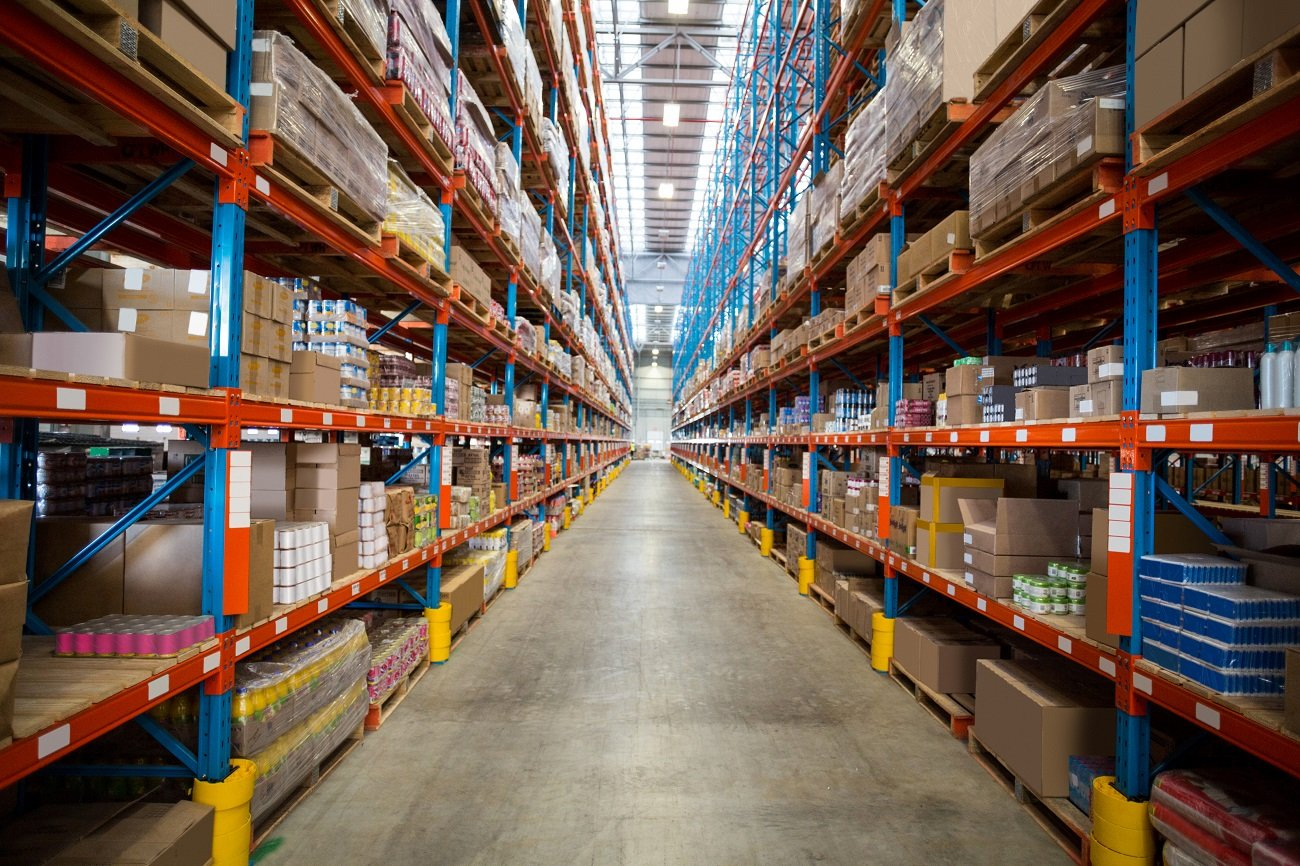Warehousing and customs broker services are integral players in the dynamic world of international trade, where businesses consistently seek ways to optimize their supply chain processes. This article explores the critical role that warehousing and customs broker services play in the logistics landscape and delves into how the synergy between these two elements can lead to streamlined global operations.
1. Understanding the Foundation: Warehousing
Warehousing is the cornerstone of a seamless supply chain. It involves the efficient storage, handling, and distribution of goods. Whether you’re a manufacturer, distributor, or retailer, a well-organized warehouse is essential for maintaining inventory levels, meeting customer demands, and reducing lead times.
Key Considerations for Effective Warehousing:
- Inventory Management: Implement robust inventory management systems to monitor stock levels, track product movement, and prevent stockouts or overstock situations.
- Space Utilization: Optimize warehouse layout to maximize storage space, facilitate easy access to products, and improve overall operational efficiency.
- Technology Integration: Leverage technology such as RFID and warehouse management systems (WMS) to automate processes, minimize errors, and enhance real-time visibility.
2. Navigating Regulatory Waters: The Role of Customs Brokers
In the realm of international trade, customs regulations and compliance are paramount. This is where the expertise of customs brokers becomes invaluable. A customs broker acts as a liaison between businesses and government customs authorities, ensuring that goods move seamlessly across borders while complying with all relevant regulations.
- Regulatory Compliance: Customs brokers stay abreast of ever-changing customs regulations, helping businesses navigate complex paperwork and procedures to ensure compliance.
- Duty Optimization: By understanding tariff classifications and trade agreements, customs brokers assist businesses in optimizing duty payments, minimizing costs, and maximizing profit margins.
- Risk Mitigation: Customs brokers play a crucial role in risk management, helping businesses avoid delays, fines, and other issues related to non-compliance with customs regulations.
3. The Power of Synergy: Integrating Warehousing and Customs Broker Services
The seamless integration of warehousing and customs broker services is a game-changer for businesses engaged in global trade. Here’s how this synergy works to enhance efficiency:
- Real-Time Information Flow: Integrating systems allows for real-time communication between the warehouse and customs broker, ensuring that all parties are informed about inventory status, shipments, and customs documentation.
- Reduced Transit Times: By coordinating warehousing and customs activities, businesses can reduce transit times, resulting in faster order fulfillment and increased customer satisfaction.
- Cost Optimization: The synergy between warehousing and customs broker services enables businesses to identify cost-saving opportunities, such as consolidating shipments and optimizing customs procedures.
Conclusion: A Harmonious Logistics Orchestra
In conclusion, the synergy between warehousing and customs broker services is the key to orchestrating a harmonious and efficient global logistics operation. Businesses that invest in optimizing both aspects of their supply chain stand to gain a competitive edge in the global marketplace.
As you navigate the complexities of international trade, consider how the collaboration between warehousing and customs broker services can be a strategic advantage. By embracing this synergy, your business can not only meet the demands of a globalized market but also thrive in the intricate dance of supply chain management.

